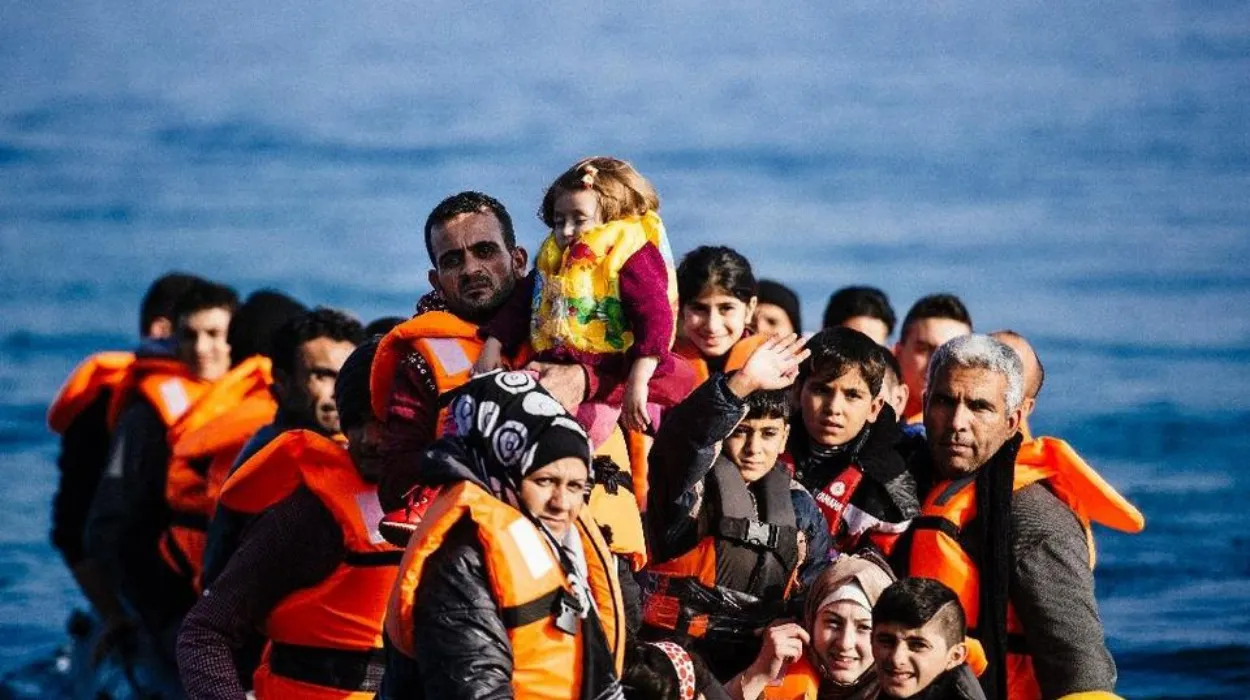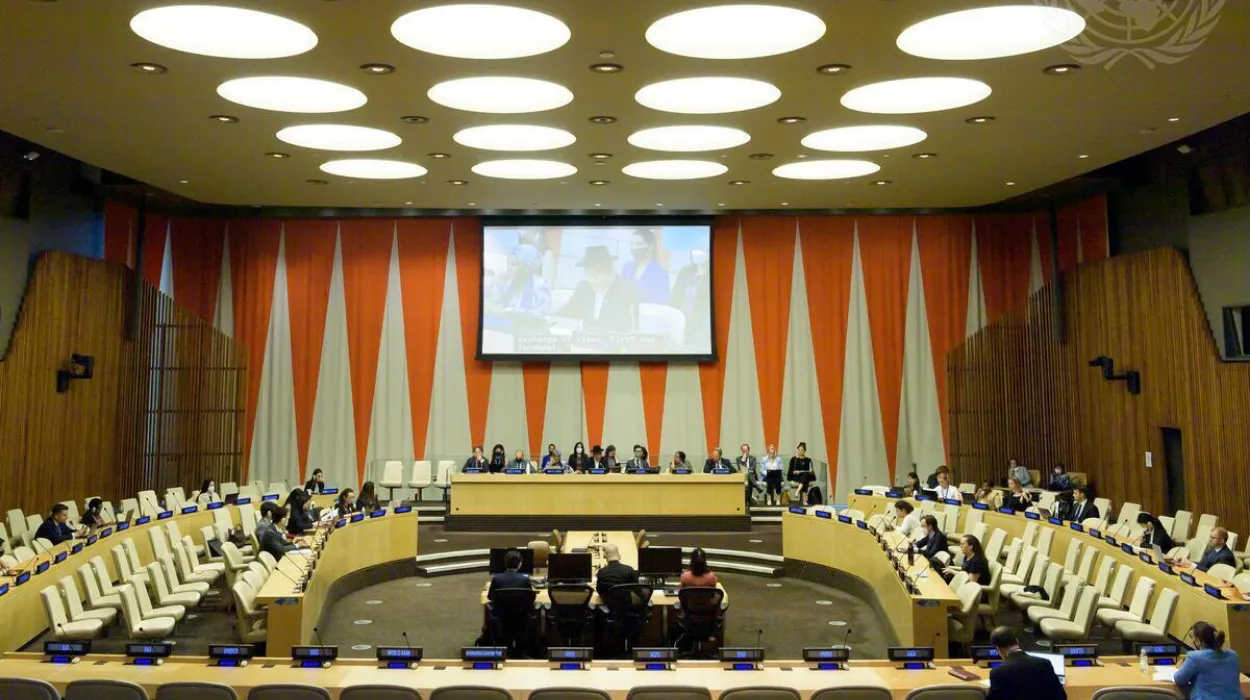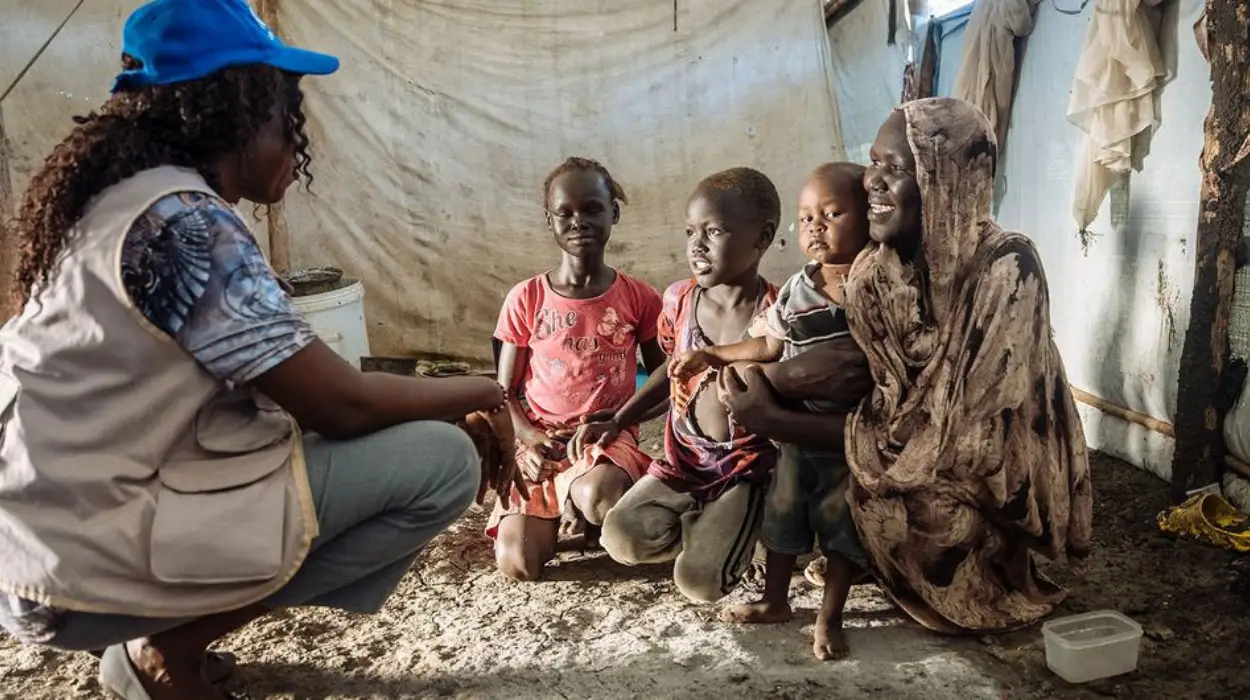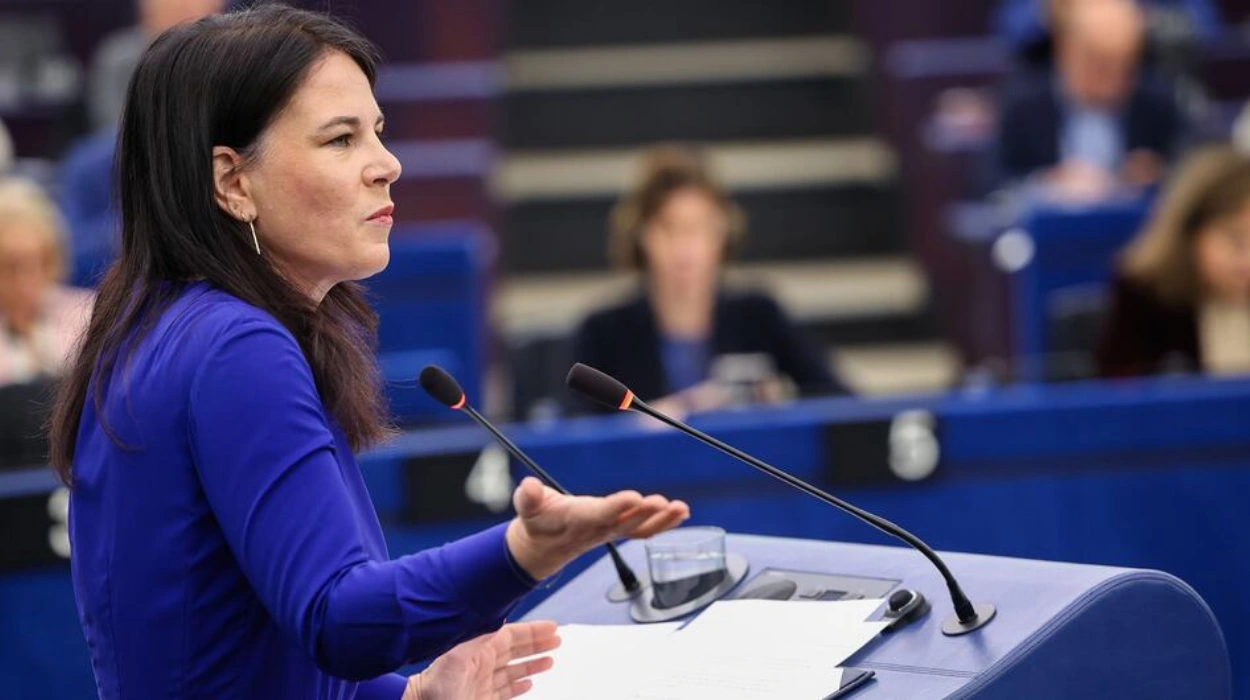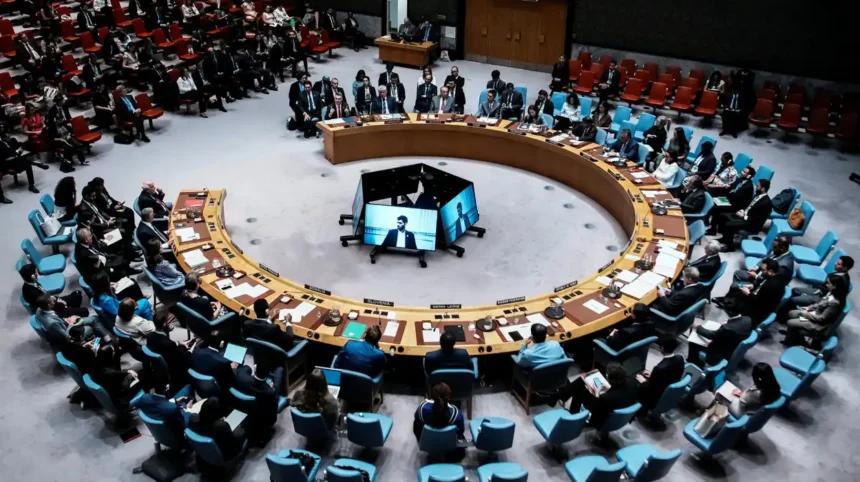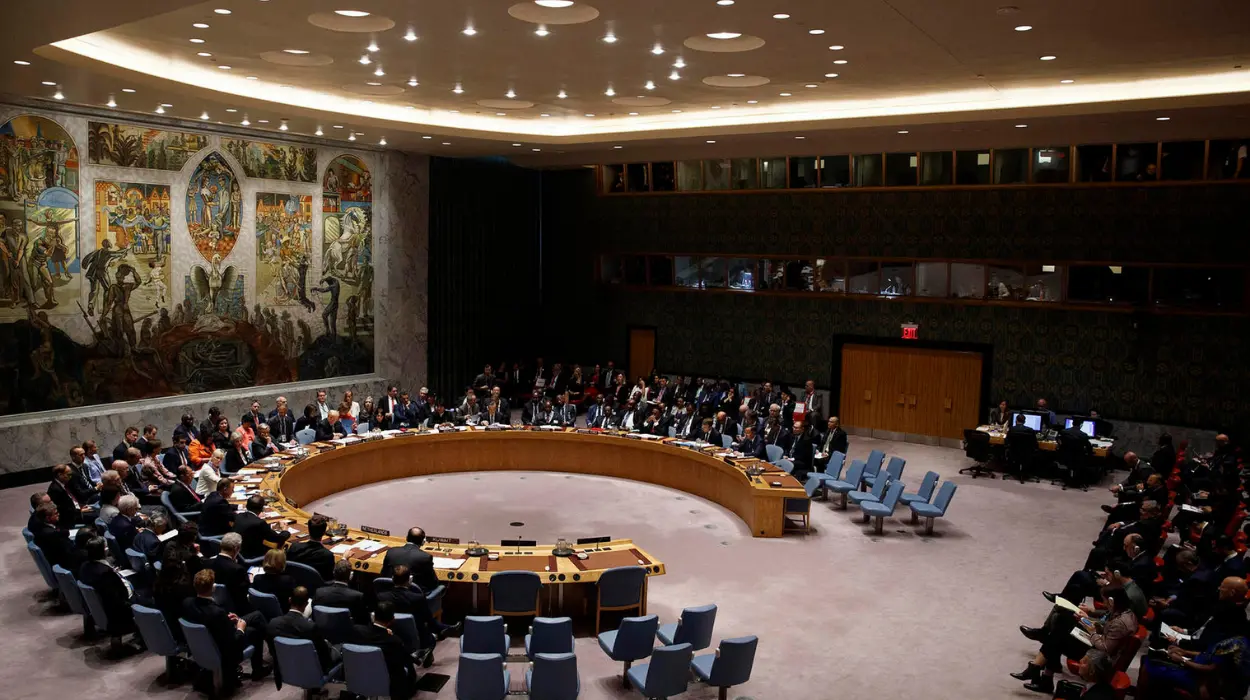The gap between aspirational multilateralism and concentrated power at the great power is the structural characteristic of the United Nations system. The Charter of the UN bestows major responsibility of international peace and security to the Security Council and not the General Assembly. Consequently, the GA votes that are supported by a majority of a huge majority do not have a binding legal effect on the decision-making of the Council. This framework still defines the boundaries of UN diplomacy in 2025.
Veto Power as the Core Impediment
The permanent members China, France, Russia, the United Kingdom and the United States, are granted the veto power of substantive resolutions of the Security Council. This authority allows any one of the P5 members to veto action irrespective of the GA agreement. This mechanism has been persistent so that the votes of GA serve to affect the decisions of the Security Council based on the coincidence of interests.
The use of veto has been escalated during such major crises as the wars in Ukraine and Gaza and instability in Sudan and it proves how geopolitical competition takes precedence over majoritarian pressure. According to diplomats, this is what is called structural paralysis, and it underscores the ability of the SC to be paralyzed despite the apparent global opinion.
Divergent Mandates and Legal Boundaries
Though the will of the international community is represented by the GA, it is not binding in the sense that its resolutions are only political and not legal. The Council, in its turn, is entitled to institute sanctions, create peace-keeping missions and provide ceasefires. This imbalance is the reason why the votes of GA only affect the results of the Security Council indirectly.
The GA still condemns aggression, humanitarian issues, and demands ceasefires in 2025. However implementation must be Council authorised, which highlights the legal priority in the very core of the UN system.
Political Dynamics Undermining the Impact of GA Votes
In addition to the structural constraint, political affiliations and national interests determine how much GA votes would affect the process of making decisions by the Security Council. The GA is an outcome of the broader world-views whereas the SC is informed by the strategic decision-making based on power, alliances and interests of security.
P5 Rivalries and Selective Responsiveness
The permanent members of the Council tend to reflect the geopolitical interests of the members in the Council agenda. The states that are well supported by P5 have fewer scrutiny in the Council and the opponents have to endure more. Such selective use of standards is a failure of the GA to generate actionable results.
By 2025, whenever there are tensions between the Western states and Russia or China, they often lead to conflicting understanding of the conflicts and humanitarian crises. When GA votes exceed even the largest and still cannot be shifted, even by P5 geopolitical interests, it serves to strengthen the impression of inconsistency and standards of double-dealing.
Limited Leverage of Majority Voting
The voting in the GA is usually based on the views of the developing countries which are the majority in number. Their combined voice however has little influence on Council decisions. Analysts observe that even though there is a lot of frustration, the concentration of diplomatic leverage continues to reside with the P5.
This situation was further manifested in 2025 when the GA passed several resolutions to demand humanitarian corridors in Gaza now, as well as accountability in Ukraine. In both cases, internal geopolitical differences in the SC paralysed effective action.
Symbolic Influence Without Enforcement
The resolutions of GA have moral and political implications, as they influence world opinion and international relations. Nevertheless, they can largely affect the decisions made by the Council as long as they have the support of major powers.
Even the “veto initiative,” which demands GA debate on any use of veto, increases the transparency, but not enforceability. The reality is that when Council deadlocking is common following such sessions, which is an indication of the constraints of procedural reforms.
Operational Limitations Restricting GA Impact on Security Decisions
Along with the equality of the GA in terms of the member states, its operational mandate limits it to the recommendations, policy discussions, and normative guidance. The power of the body rests on the willing compliance or the support of the Security Council.
Absence of Enforcement Mechanisms
The GA has no sanctions to make or cannot use force or require governments to act. This lack of enforcement power restricts the influence of the votes of GA on the activities of the Security Council regarding urgent issues.
The GA also noted the protection of civilians in 2025, urged to increase awareness on climate-security, and denounced the use of force that is not justified by law. However, execution was solely based on state benevolence or concurrence of SC and this created huge gaps in times of crisis.
Peace and Security Functions Remain Secondary
Even though the GA may hold emergency special sessions in the mechanism of Uniting for Peace, the results are also not binding. Even in cases where the GA requests the collective actions, states tend to wait before taking action with the SC.
The shortcomings of this mechanism appeared again in 2025 in the discussion of maritime security in the Red Sea where GA resolutions were popular but not functional due to their inability to require international implementation.
Voluntary Nature of Compliance
Practically, the member states do selective compliance with the resolutions of GA depending on political compatibility. This voluntary aspect maximizes their marginal role in decision-making of the Security Council and strengthens the disjuncture between moral and action power.
Growing Calls for Reform and the 2025 Landscape of Debate
Continuing gridlock has contributed to a new discussion about the reforms of the structuring of the Security Council and re-balancing the relationship between the GA and the SC. This is not the first time reform discussions are as intense as in 2025, it is the result of a series of crises and the discontent of the whole world.
Expansion Proposals and Representation Debates
The argument by many governments is that the Council has lost its geopolitical realities. Proposals to include permanent seats of Africa, Latin America or emerging powers have been growing in strength. Nevertheless, P5 members are split over expansion models.
Such disputes impede reform, as the GA has few avenues in which it can influence the form of the SC or its power.
Proposals to Limit Veto Use
The example set by France and Mexico to limit the use of veto in situations of mass atrocities still has wide international support in the year 2025. However, Russia, China and the United States are still not ready to submit themselves to binding limitations to their veto powers.
The GA votes are going to have high structural hurdles before they can affect the outcomes of the Security Council as long as P5 unanimity on reform is unattainable.
Strengthening GA Moral Authority
Even in the absence of legalization, some states claim that the political example of the GA will be able to influence state behavior in the long run. A number of GA resolutions on digital surveillance, climate security, and protection of food-supplies created diplomatic momentum in 2025 despite SC divisions.
Nonetheless, these developments are skewed, and without institutional change, will be reliant on geopolitical flows.
Evolving Dynamics and the Future of UN Decision-Making
The fact that GA voting patterns do not match Security Council outcomes remains a challenge to the legitimacy of the UN. However, this is also a source of tension that propagates an ever-present discussion concerning the way in which multilateral institutions can keep up with the ever-changing realities in the global environment.
Of course, the GA votes carry an impact on the Security Council decisions, but it is only at the periphery since it is guided by the interests of the major powers in comparison to global opinion. The demands to revisit the balance between collective legitimacy and concentrated power are increasing as crises intensify in 2025 and states face new challenges, such as cyberconflict and resource scarcity, and transnational violence. The question of whether the UN will be able to balance these competing imperatives is yet to be answered and this will define the credibility of the organization in the coming years.


